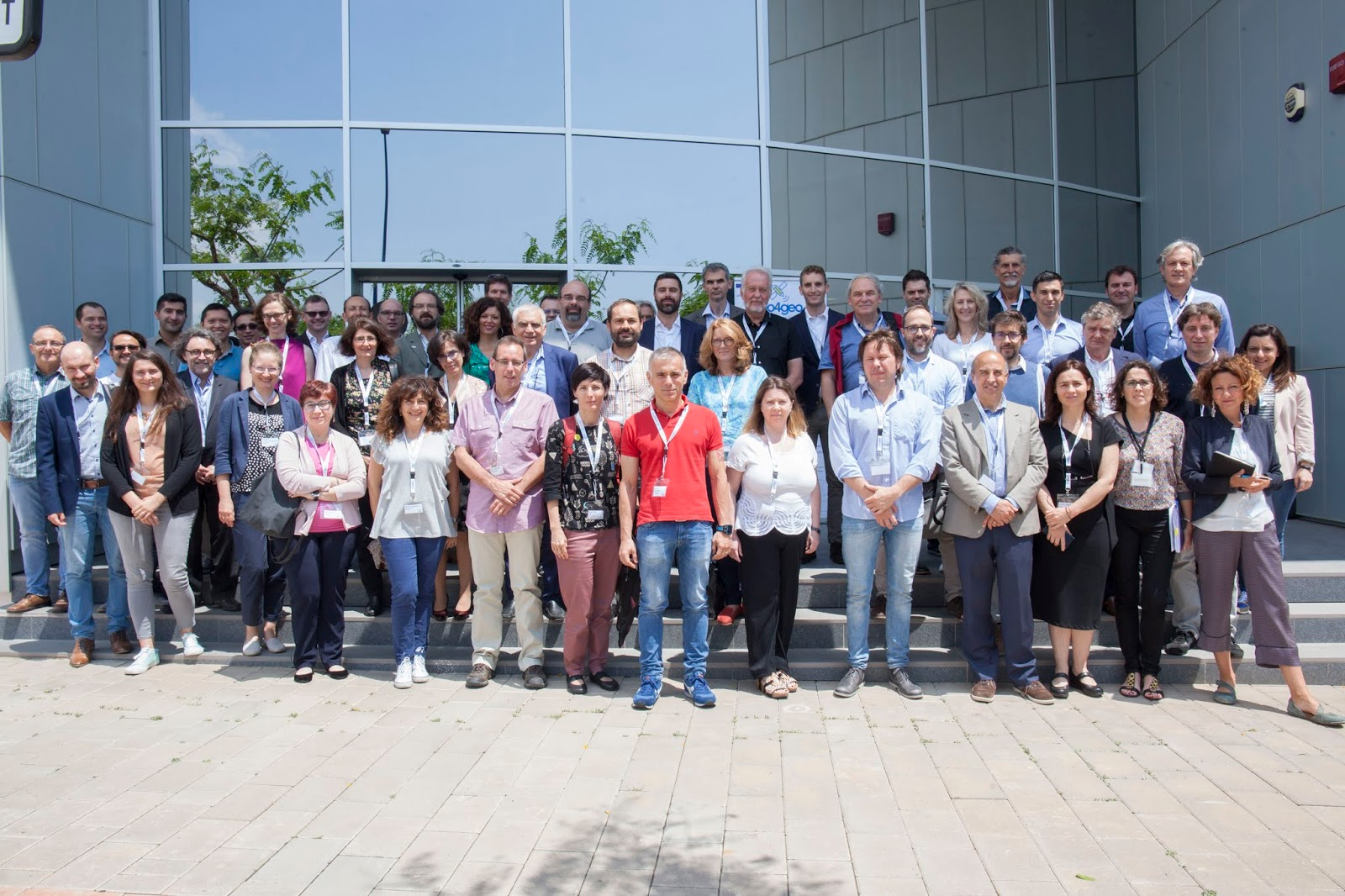Education Projects
Capacity building and translation of research results into educational outcomes are a key element of Z_GIS’ strategic concept, supporting new insights through research as well as outreach to the GI community with highly qualified graduates.

In 2019 the Department launched the highly distinguished European Joint Master Copernicus in Digital Earth (CDE) with two specialisation tracks in Geo-AI and Geovisualisation. The ERASMUS+ project offers 15 and 20 scholarships to international students for attending this highly prestigious Master programme per year.
Z_GIS continues to contribute to skills development in the downstream space sector through its involvement in the SpaceSUITE – Space downstream Skills development and User uptake through Innovative curricula in Training and Education project; SpaceSUITE is an ERASMUS+ Blueprint project that started in 2024 and runs for four years. This project is the successor to the ERASMUS+ skills alliance project EO4GEO where curricula were developed and re-designed considering new trends and challenges in the EO*GI sector. SpaceSUITE now focusses on EO, GNSS and SatCom as sub-sectors and will provide state-of-the-art curricula and trainings that emphasize digital in green skills in the space downstream sector.
The Horizon 2020 HES-GEO project aims to enhance existing research capacity and stimulate scientific excellence in the Institute of Geography and Spatial Management (IGSM), Jagiellonian University (PL), in studying human-environmental systems (HES). Z_GIS manages and overviews the entire training scheme in geospatial / EO technologies, including training in project writing, project development and leadership skills for young researchers. Duration 2021-2023.
The ERASMUS+ project Ride&Smile introduces a new Interactive Learning Platform (ILP), which is supposed to boost and support the Bike to School Cycling Challenge involving school pupils from all over Europe.
The Sparkling Science Project u3Green deals with the promotion of child and youth-friendly urban landscapes through participatory research on urban green supported by geomedia.
ESDplus is funded by the Earth System Sciences funding program of the Austrian Academy of Sciences. The project aims to establish both theoretical and practical foundations for the utilization of LwGI in ESD, including the establishment of an LwGI-in-ESD community. By enhancing the integration of LwGI into ESD, the project aims to contribute to the ongoing development of ESD.




